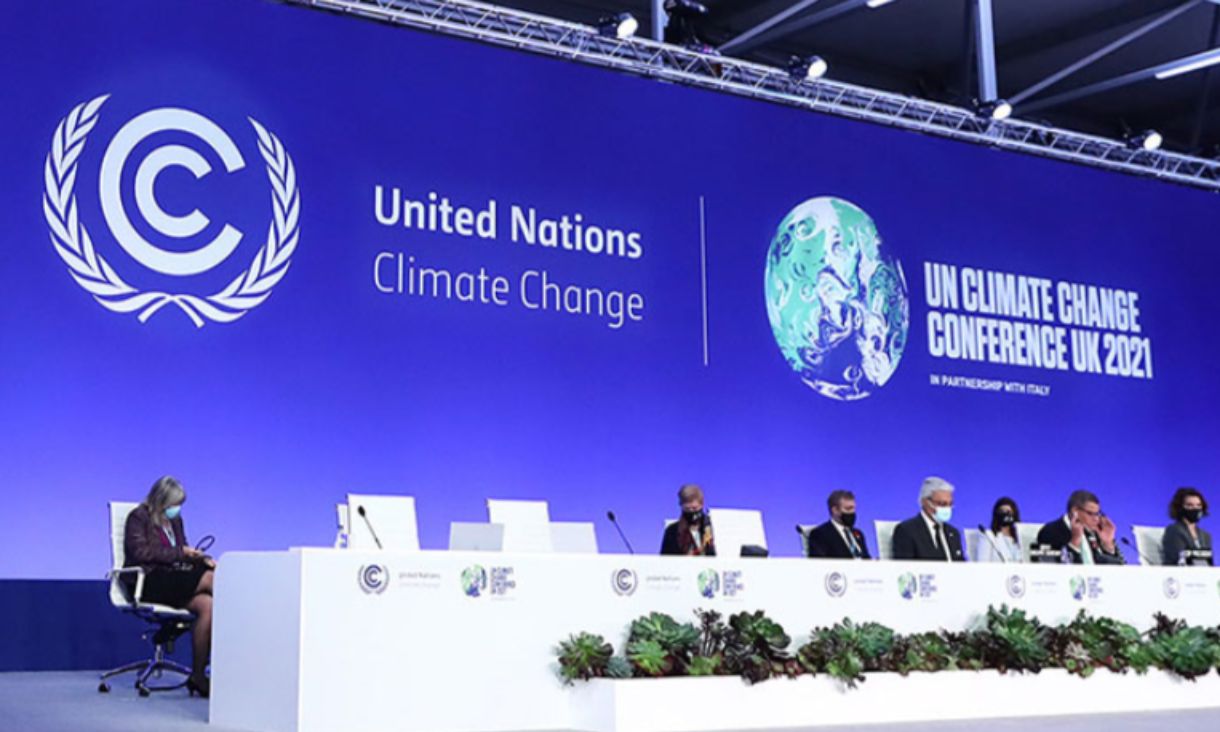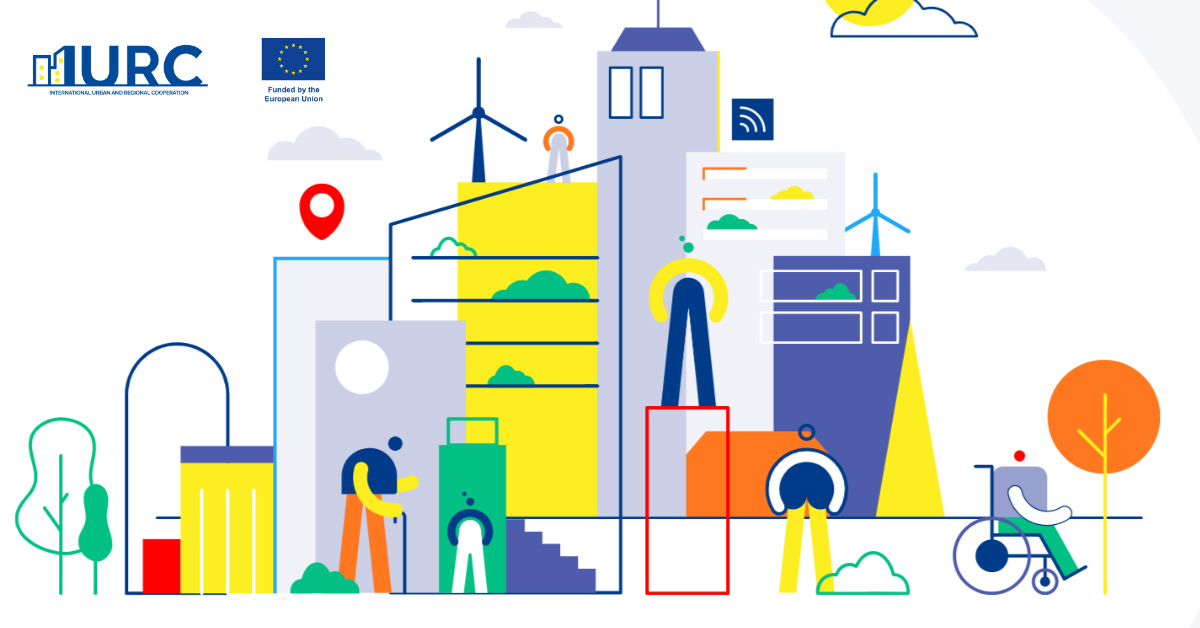At every turn, our politicians have been at pains to emphasise their reliance on the best available epidemiological science in guiding decision-making about the scale and timetable for constraints on both business and household activities. Similarly, our future depends, we are told, on the speed with which scientists can develop an effective vaccine.
A similar kind of debate emerged during Australia’s bushfire crisis in early 2020. Many commentators, supported by scientists, were quick to point to the links between climate trends associated with global warming, and the increased likelihood of fire, and its increased scale and severity. For more than 20 years, these warnings about fire emergency have been at best deferred, and at worst, ignored. So it is that in 2020, for the first time, the metropolis of Sydney itself was subject to declarations of catastrophic bushfire conditions.
However, the response to the fires from politicians has been markedly different from that to COVID-19. Rather than turning to climate scientists for their insights and advice on how to act so as to minimise future fire catastrophes, politicians have marginalised these views and focused on short-term responses which focus on community resilience rather than longer term reframing of our thinking and action. Even worse, the pressure to accelerate economic activity since the bushfires and the COVID-19 crises has prompted some to stoke new debate about the importance of coal and coal-fired power, despite the increased emissions.
It is not only fire, of course. Drought, flooding and dramatic storm events have also been linked scientifically with climate trends. Increased warming has been linked with increasingly erratic conditions, not least the very dry fuel and soils and lack of water that have shaped the patterns of fire.
While the overall warming of the planet is a key factor in these trends, there are other aspects of environmental decision-making which are closer to home. The logging of native forests, for example, has been identified as having a significant effect on the severity and risk of bushfire in Australia.
We see a very different response in Europe, where the European Union now pins its thinking about economic futures on the European Green Deal. A flagship priority of the newly formed European Union College of Commissioners, led by Ursula von der Leyen, the European Green Deal proposes massive investment in green technologies alongside the promotion of a circular economy.
While this is a significant economic agenda involving strong public and private partnerships, it is also firmly aimed at the commitments of European nations, and the EU itself, to contain the growth of global warming as set out in the 2015 Paris Agreement. We all know how ambitious this agreement is, but our own experience of fires confirms for once and for all its importance. It has the strong support of the International Monetary Fund, whose head, Kristalina Georgieva, argued last month that this ‘massive’ fiscal stimulus can be deployed to address together both the COVID-19 economic crisis, and the challenge of climate action.
In EU decision-making, the voice of scientists is heard. The European Commission’s own Joint Research Centre has focused increasingly on the role of science in contributing to the achievement of the Sustainable Development Goals of the United Nations Agenda for Transformation, which reinforces the Paris Agreement. Not all scientists are in agreement about the best way forward, but the vast majority are convinced about the urgency of climate action. Let’s hope that in the aftermath of COVID-19, Australian politicians can see more clearly how science might guide climate policy, just as it has to the public health crisis.
Climate Action is Sustainable Development Goal 13 in the UN’s Global Agenda to 2030. A seminar at 12.30pm on Tuesday 26 May 2020 offers the opportunity to discuss the challenge of implementing SDG 13. You can register for the seminar here.
Bruce Wilson, Director, EU Centre of Excellence







